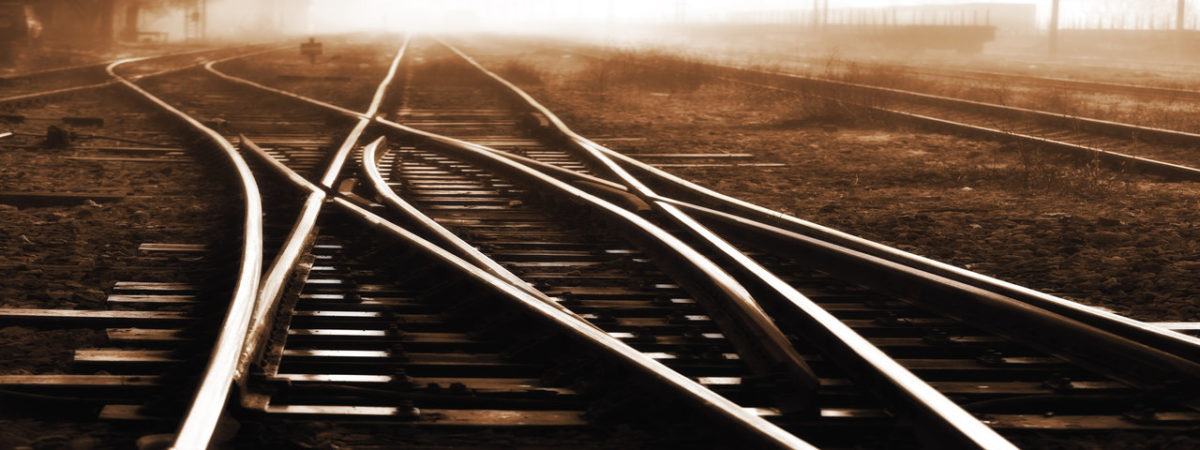Lobbying by special interest groups will add an extra £30bn to HS2
SUGGESTED

IEA responds to rise in rail fares

New research exposes the flaws in 'evidence-based' policymaking

IEA releases new research into costs of HS2
The High-Speed Gravy Train: Special Interests, Transport Policy and Government Spending also shows that the true long-term cost to the economy is even higher. HS2 will divert funds from high-return transport projects that could have delivered over £300bn of benefits.
The additional £30bn in costs comes from lobbying that will mean:
- Additional infrastructure – for example, various new rail links, tram lines and road upgrades that will now be given the green light to cope with the additional pressure on infrastructure along the HS2 route.
- Design changes such as extra tunnelling to ‘buy off’ opposition. Critics have already claimed an extra £600m has been added to the project to keep the route away from towns in George Osborne’s constituency.
- Taxpayer-subsidised regeneration schemes around the new stations and in towns that are bypassed by the line.
Both HS2 and the ‘add-on’ transport schemes will be heavily loss-making in commercial terms – hence the requirement for massive taxpayer support. Even the government’s own estimates of the costs and benefits suggest the schemes are poor value for money compared with alternative investments in transport infrastructure.
The decision to build HS2 is partly the result of lobbying by special interests. These include city councils in urban centres connected to the route, train manufacturers and other rail/engineering firms – all concentrated interests who stand to gain from the project going ahead. For example, the contract to build the trains is likely to total approximately £7.5 billion. There will also be valuable contracts for installing signalling systems, building tunnels and so on.
Lobbying has taken a number of forms including sponsoring high profile events with policymakers, such as fringe events at party conferences, as well as one-to-one briefings and the commissioning of opinion research.
There are also strong political reasons for the Conservative Party to have pursued this project. Its support for HS2 appears to have been closely related to its decision to stop the expansion of Heathrow Airport. It is unlikely to simply be a coincidence that this policy happened to coincide with the party’s electoral interests. It is also possible the policy was partly a response to poor electoral performance in the North of England in recent elections.
Recommendations
The government should cancel HS2 and ideally use the money to reduce taxes. In developing transport infrastructure it should prioritise the removal of regulatory barriers to the construction of commercially viable schemes not requiring support from the taxpayer.
However, if rather than reducing taxes the state does continue to spend on new infrastructure, the schemes boasting the highest benefit-cost ratios (BCRs) should be built first. Only after schemes with high BCRs have been implemented, and if there are funds left in the transport budget, should officials move on to those with medium ratios. Projects with low ratios, such as High Speed 2 Phase One, should be at the bottom of the priority list. This would help ensure that the economic benefits of investment are maximised for a given budget.
Commenting on the report, its author, Dr Richard Wellings, said:
“It’s time the government abandoned its plans to proceed with HS2. The evidence is now overwhelming that this will be unbelievably costly to the taxpayer while delivering incredibly poor value for money.
“It’s shameful that at a time of such financial difficulty for many families the government is caving in to lobbying from businesses, local councils and self-interested politicians more concerned with winning votes than governing in the national interest.”
Notes to editors
To arrange an interview about the report please contact Ruth Porter, Communications Director, rporter@iea.org.uk or 07751 717 781.
The full report, The High-Speed Gravy Train: Special Interests, Transport Policy and Government Spending, by Dr Richard Wellings, can do downloaded here.
In July 2011, the IEA published High Speed 2: The Next Government Project Disaster? The research revealed why the scheme is economically flawed and showed that taxpayers will bear a high proportion of the financial risks. This can also be downloaded here.
The mission of the Institute of Economic Affairs is to improve understanding of the fundamental institutions of a free society by analysing and expounding the role of markets in solving economic and social problems.
The IEA is a registered educational charity and independent of all political parties.



